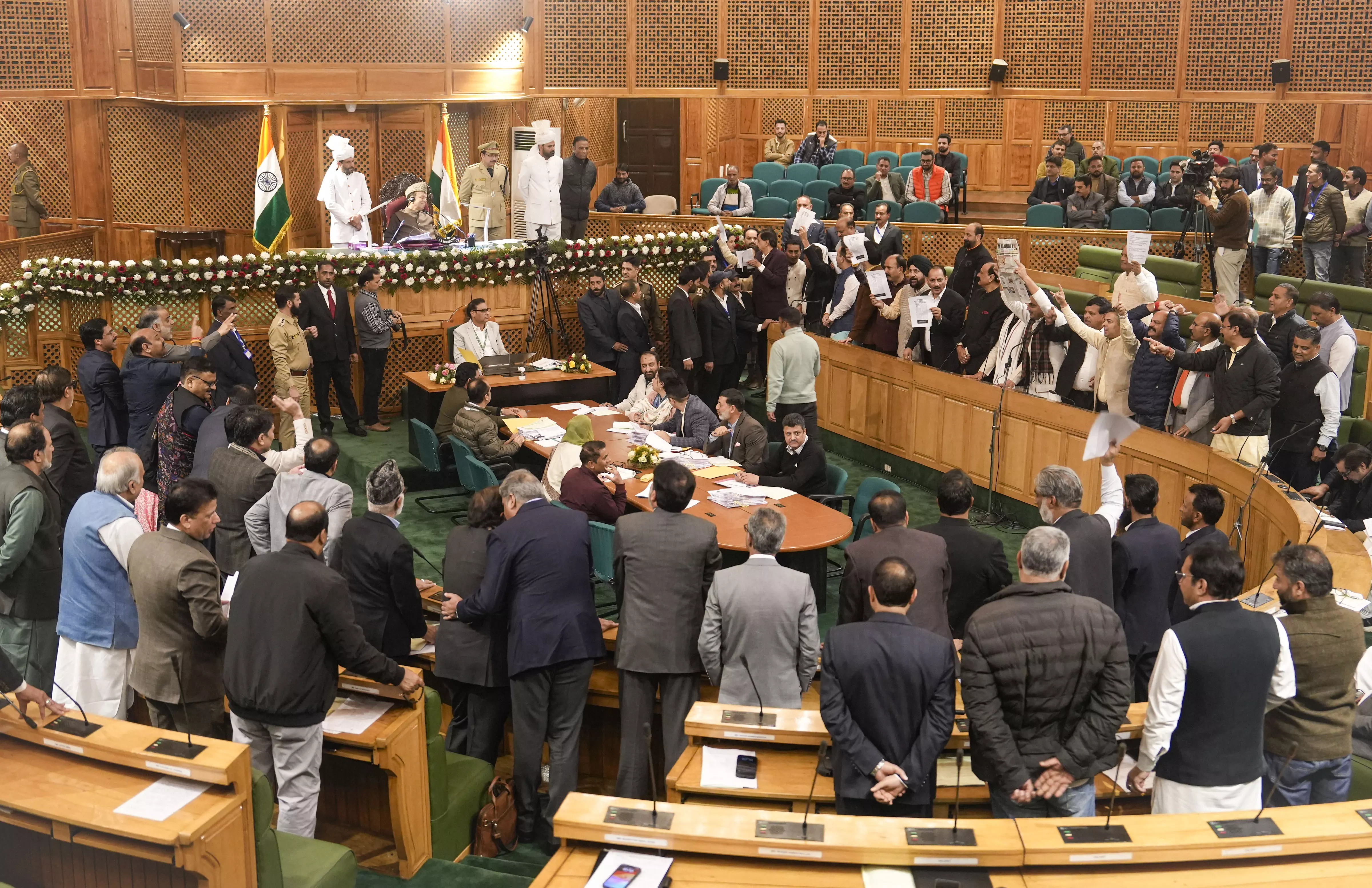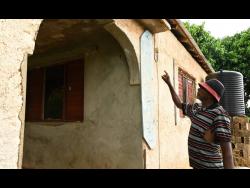Copyright deccanchronicle

Srinagar: In a charged session of the Jammu and Kashmir Legislative Assembly, lawmakers across party lines voiced sharp criticism against the government, highlighting the dire challenges faced by journalists in the Union Territory.They accused the administration of fostering an environment of institutionalised fear through biased distribution of government advertisements and a lack of transparency in media policies.Members from the Peoples’ Democratic Party (PDP), Communist Party of India (Marxist) (CPIM), and even the ruling National Conference urged immediate reforms to safeguard press freedom, emphasising that a vibrant and independent media is the cornerstone of democracy in the region.PDP MLA Waheed Ur Rehman Para intensified the scrutiny on Thursday with a scathing critique, denouncing the government's media advertisement practices as “selective and biased” since 2019. He argued that this discriminatory approach has effectively silenced dissenting voices while rewarding a handful of favoured outlets. “The administration has systematically excluded several prominent newspapers and online platforms from receiving official advertisements, crippling their financial viability and independence,” Para asserted during his address. He specifically named Greater Kashmir—the newspaper with the largest circulation in J&K—along with Kashmir Life and Kashmir Times, as victims of this exclusion.Para also pointed to the outright banning of The Kashmir Walla, a digital outlet known for its investigative journalism, as a stark example of suppression. Expanding on the financial implications, Para revealed that “advertisements worth millions are funneled to a few chosen platforms, while independent voices are deliberately starved of resources and left to wither.” This favouritism, he contended, not only undermines journalistic fairness but also erodes public trust in the media ecosystem. He further highlighted the plight of numerous journalists still awaiting official accreditation, which is essential for accessing government events and information.Digital media outlets, despite boasting significant public engagement and reach, are being systematically ignored, Para noted, adding that this neglect stifles innovation and diverse reporting in an increasingly online world. Para didn't stop at media policies; he also addressed broader issues of intimidation within the administration. He expressed deep concern over the recent termination of two government employees, describing the actions as unjustified and designed to instill fear. “These terminations, often justified under the guise of countering terrorism, have created widespread anxiety among employees, making them hesitant to speak out or report truthfully,” he remarked.As the Chief Minister holds the Information portfolio, Para reminded the House of unfulfilled promises from the budget and election manifesto to introduce a new media policy. He called on the government to swiftly end these selective practices, protect press freedom, and formulate a transparent, inclusive policy that guarantees equal opportunities for all media organizations, regardless of their editorial stance.Earlier CPIM leader Mohammad Yousuf Tarigami advocated for a comprehensive overhaul of the media framework. He described the current situation as a “difficult time” for the media, where several organisations are denied even basic advertisements needed for survival. “A fresh media policy must be framed without delay to ensure equitable distribution of advertisements,” he urged.Tarigami stressed the imperative to “protect the freedom of the press and our reporters,” warning that ongoing harassment and financial strangulation could lead to a homogenised media landscape devoid of critical oversight. His call for protection extended beyond policies to the personal safety and professional dignity of journalists, who often face threats for their work in a conflict-prone region.The criticism was not limited to opposition voices; even ruling National Conference MLA Tanvir Sadiq joined the fray on Wednesday, condemning the government's handling of advertisements. Sadiq decried the withholding of ads from several newspapers including Greater Kashmir, Kashmir Times and Early Times without any stated reasons, equating it to a direct assault on press freedom. “Many newspapers are not given government advertisements. The administration must spell out the reasons for denying them ads over the past six to seven years—transparency is non-negotiable,” he said.Sadiq emphasised that restricting newspapers from publishing critical reports, even those targeting those in power, undermines democratic principles. “A free press is vital for the health of our democracy; it holds the powerful accountable and ensures diverse viewpoints are heard,” he added. He urged the government to adopt a fair and transparent policy for allocating advertisements, one that prioritises merit and circulation over political allegiance, to...



